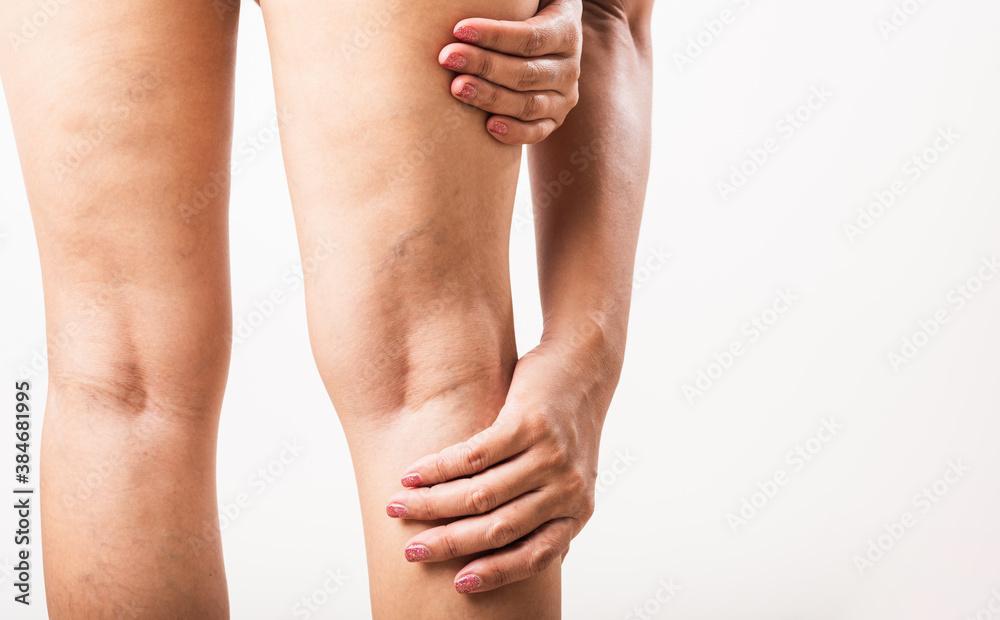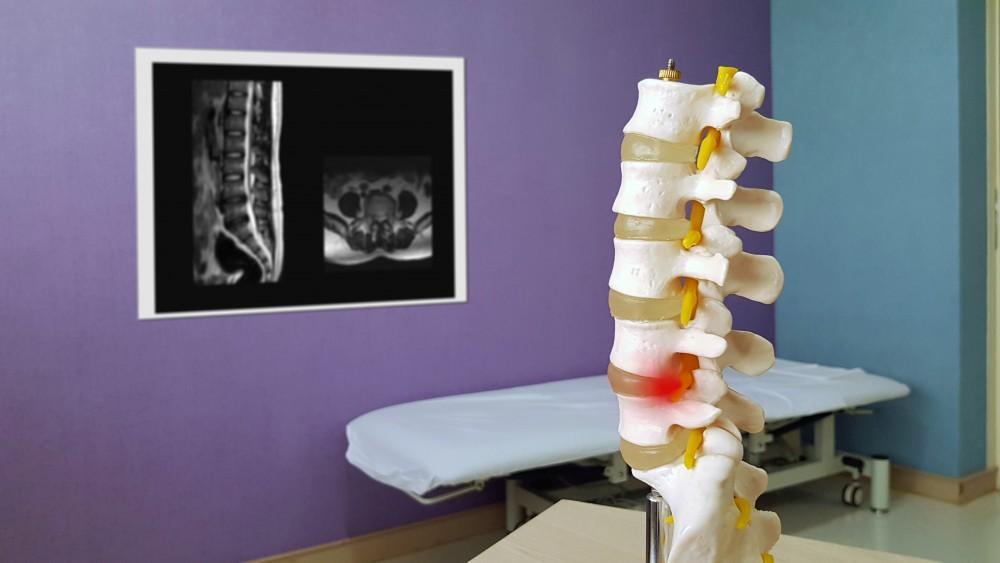
Heaviness & Aching? It Could Be Pelvic Congestion Syndrome
You may notice it after a long shopping trip or after a night out with friends: lower back pain, aching in your legs, and maybe even abnormal bleeding. Usually you lie down to ease the pain, but it doesn’t always work. Maybe you’ve suffered for years with no answers. If you’ve experienced these symptoms, it’s possible you could have something known as Pelvic Congestion Syndrome. Learn more about this often undiagnosed condition and how you can treat it.
HOW YOU MIGHT FEEL
It is estimated that pelvic congestion syndrome affects just over 39% of women at some point in their lifetime. Despite being so prevalent, doctors often fail to pinpoint pelvic congestion syndrome as the cause for many of the symptoms it produces. This leads to years of unnecessary suffering, so that’s why it’s important to talk to your doctor about any pain that keeps you from enjoying your life, especially if the pain has lasted more than 6 months.
Pelvic Congestion is caused by blood accumulating in varicose veins, dilated and warped veins, in the pelvis. The affected blood flow creates inflammation and pain. The following symptoms include:
Aching pain in the lower back and lower abdomen, as well as the legs
Increasing pain after intercourse, before or during menstruation, during or after pregnancy, and prolonged standing at the end of the day
Varicose veins on the vulva, buttocks, or thighs
Clear or watery vaginal discharge
Abnormal menstrual bleeding
Irritable bladder
These symptoms may be accompanied by headaches, fatigue, mood swings, and bloating.
WHAT WE CAN DO AT ALATE
Your doctor will confirm this diagnosis with any one of multiple tests such as an ultrasound, laparoscopy, MRIs, or CAT scans, which will show abnormal veins. However, here at Alate Vein Center, we recommend the venogram diagnosis test and can treat pelvic congestion at the same time. We perform the venogram by injecting dye into the veins and utilizing X-ray imaging to see the dye flow backwards into the varicose veins in the pelvis.
We use embolization therapy, in which small catheters are inserted in problem veins and stop the backward flow to remedy the pain. This treatment is safer and less invasive than surgery. Our patients recover quickly and go home the same day with full relief within two to four weeks. It is successful in 98% to 100% of cases and improves symptoms in 70% to 85% of patients.
Interventional radiologists at Alate Health have collectively over 30 years of experience delivering precise, targeted treatments to diseases and conditions like Pelvic Congestion Syndrome. With a state-of-the-art facility dedicated to providing minimally-invasive treatments and personalized care, our goal is to provide you with the best possible medical care in a comfortable, friendly environment
Contact Alate Vein Center for a consultation today.
You Might Also Enjoy...


I'm Nervous About My Upcoming VenaSealTM Procedure

Telehealth: The Advantages of Telemedicine

What Caused My Spinal Stenosis?

I'm Embarrassed About My Varicose Veins


